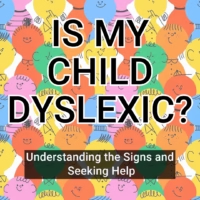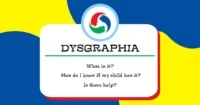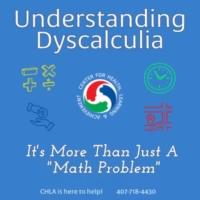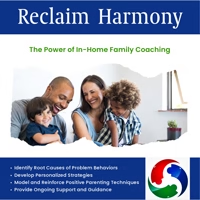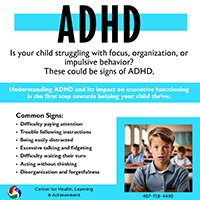Myth #1: Dyslexia can be cured; this is just temporary for my child.
- Fact: Dyslexia is a lifelong learning difference that cannot be cured. It’s important to remember that with the right support and strategies, individuals with dyslexia can thrive as readers. There are plenty of effective, research-backed interventions designed to help K–12 students build their reading skills.
Myth #2: Dyslexia is a vision problem and can be cured by seeing an Optometrist.
- Fact: Dyslexics do not see things backwards because dyslexia is not a problem with the eyes. Children with dyslexia are no more likely to have eye and vision problems than other kids.
Myth #3: Children with dyslexia just need to try harder to read, that will fix it!
- Fact: The brains of children with dyslexia operate differently, which can present challenges in reading. However, there’s an exciting twist: reading can help rewire their brains over time. The critical factor, though, isn’t the effort these kids exert; it’s the quality of the instruction they receive. While there is no cure for dyslexia, with effective teaching strategies and ample practice, children with dyslexia can achieve remarkable improvements in their reading skills. While the path may be difficult, the potential for development is there, just waiting to be realized!
Myth #4: Dyslexia will go away once my child learns to read.
- Fact: Just because a child becomes more proficient at reading doesn’t mean they’ve “cured” their dyslexia. It’s a lifelong learning difference that influences not just reading, but many other areas of their lives, too. With understanding and support, they can thrive and develop strategies that work for them throughout their journey!
Myth #5: There is no way to diagnose dyslexia so how can you say my child has it?
- Fact: Dyslexia can be diagnosed through a detailed assessment. Getting a diagnosis of dyslexia is an important step, and it involves a thorough assessment of reading, language, and cognitive skills. A certified dyslexia assessor will look at several key areas to ensure a comprehensive understanding. Here’s what to expect:
- Family History: Are there any conditions in the family, like dyslexia or other learning differences.
- Questionnaires: You’ll fill out some helpful questionnaires that give insight.
- Developmental History: Exploring the child’s development, any educational challenges they’ve faced, and their medical background helps us see the bigger picture.
- Observation of Communication Skills: An informal chat can really help understand the child’s speech and language skills in a natural way.
- Vision, Hearing, and Brain Tests: These are important to rule out any other issues that might affect reading.
- Testing: Various tests will assess reading and language skills. This looks at things like decoding, spelling, vocabulary, and reading comprehension to identify strengths and areas to work on.
- Psychological Evaluation: Checking in on the child’s mental health to see if things like social issues or anxiety might be impacting their learning.
- Once all of this is completed, you’ll receive a detailed report that highlights strengths, weaknesses, and recommendations for the best ways to support the individual. It’s a journey towards understanding and helping them thrive!
More information about CHLA’s Dyslexia services can be found here.


